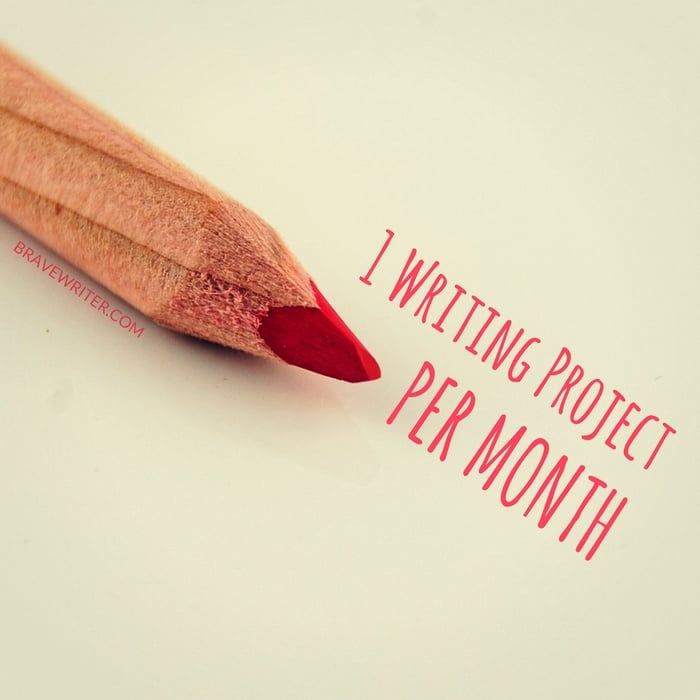Years ago, my mom gave me a piece of advice I want to pass onto you. When you receive any written communication (particularly a handwritten note, card, or letter) from one of your family members (kids, sure, but especially aging parents, grandparents, aunts and uncles), save it. Put it in a file until the next one comes. Always keep the last note you’ve received (even if it’s mundane or only has the words, “Talk to you soon. Love, Mom”). If, by unhappy mischance, your mother dies, you’ll have her most recent communication to you, in her own hand. There’s something about being able to know that you have a handwritten note, particularly from a parent, after that parent dies that brings comfort in a way that other mementos (even photos) don’t.
I remember sitting in my aunt’s living room with a stack of letters my grandfather wrote to my grandmother during their several years in the nursing home. My grandfather had died several years earlier and now my grandmother had passed on. As we read his annual love letters aloud, tears streamed from our cheeks. Not all sad ones either! Sometimes we burst out laughing, too, as my grandfather’s personality echoed through my voice while I read his writing. The treasure of his recent words, his affection for my grandmother, the comfort of seeing his fountain pen cursive curl across the page, made us feel like he was hovering above in the space my grandmother had only recently entered. I felt the community of our family in that living room, deep in tri-folded vanilla stationary.
I also save last emails or any communication that expresses love, pride in me or a moving expression of that person’s affection for me or our family. Writing brings a unique comfort and connection to someone you love and lost. If you save what they write, you can return to those expressions when you hit that low that requires a parent’s support and care. If your parents aren’t those people in your life, save the writing of the person who does that for you! It matters to have writing to reread, to return to. Words are sacred, and when they come from the heart of someone who loves you, they have magical powers to heal, empower and nurture.
In The Writer’s Jungle, I share the story of a friend’s son who died of leukemia at age 19. He left behind journals that became a cherished source of connection for his parents; they were gifted with a way to hear from him even after he was gone. Writing outlives us. It’s the one thing that really does and still reflects us as we really were. Writing communicates who we are. It also has the advantage of conveying those thoughts and ideas with authority. Put it in writing, and we believe it.
So as you think about all that writing you’re requiring from your kids this year, remember: keep their voices in it, help them to recognize its value, love what they offer you (whether it’s a short couple of sentences churned out because they do what you say, or a genuine act of spontaneous word play that streams from the end of their pencils). Save it. Write to them. Write to your parents. Save what your parents write back. Cultivate a life where writing is valued, even beyond this life, and slowly but surely, you’ll discover that you’re not teaching writing, after all. You’re teaching each of your children and your family members to value what lives inside us enough to save it, to preserve, to share it… in fact, you’re teaching them to write it down.

























